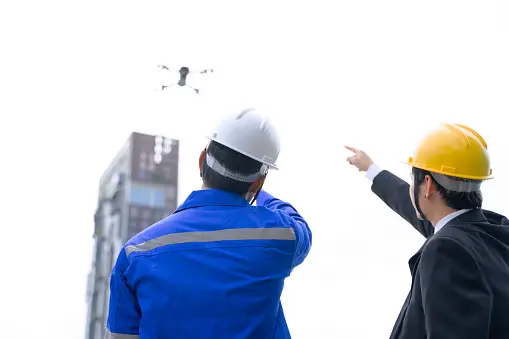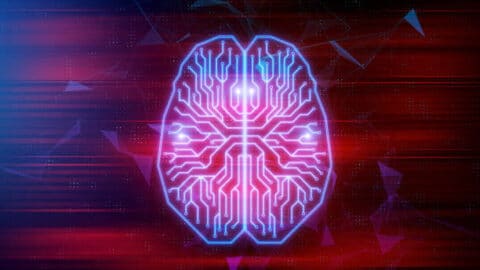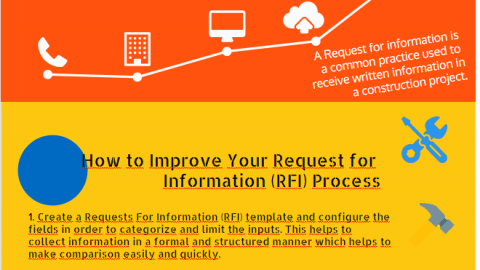Virtual Management Strategies for the Modern Construction Project
Over the past decade, the construction landscape has seen a whirlwind of changes. Remarkably, the introduction of digital tools and specialized solutions such as residential remodeling estimating software has marked the dawn of virtual management. This innovative approach is redefining the rules, making operations smoother, cutting down overheads, and refining the project phases for Virtual Construction Management as well.
Table of Contents
What are the characteristics of virtual management?
Virtual management is characterized by remote collaboration, leveraging digital tools and technology to facilitate communication, coordination, and decision-making. It emphasizes flexibility, agility, and the ability to work across geographical boundaries. Virtual management enables efficient resource allocation, real-time information sharing, and adaptability to changing circumstances in a digital work environment. It’s not simply about the drones and robotics utilized for the project but also estimating or pricing programs like landscape proposal or plumbing estimate software.
What is the meaning of managed virtually?
“Managed virtually” refers to the concept of overseeing and coordinating activities, projects, or teams remotely using digital tools and technology. It entails utilizing virtual communication, collaboration platforms, and online management systems to supervise, guide, and organize tasks and resources without the need for physical presence or traditional face-to-face interactions.
The Role of Modern Technology in Construction Management
In today’s digital age, various industries are experiencing the waves of tech-evolution. Construction management stands at this forefront, and my recent visit to a construction tech-conference shed light on some groundbreaking innovations.
Integrated Project Delivery (IPD)
At the conference, a senior architect shared her experience of using IPD. It’s not just a buzzword it’s a paradigm shift. Under this approach, every stakeholder, be it architects, engineers, or contractors, collaborates from day one till the ribbon-cutting ceremony. Modern tools act as a bridge, allowing instantaneous exchanges, ensuring everyone’s vision aligns.
Drones and Site Surveying
I once interviewed a site manager who emphasized how drones had revolutionized his workflow. With high-resolution cameras onboard, these drones capture detailed images of the site. It’s no longer about just reviewing conditions it’s about in-depth analysis, progress tracking, and preemptively spotting potential issues.
Wearable Technology as a Part of Virtual Management
Remember the miner’s canary? It’s been replaced. Modern wearables are the new guardians of safety. I came across a construction worker using a smart helmet with Augmented Reality. Another had a vest tracking his vitals, alerting the supervisor if anything went amiss. It’s not sci-fi it’s the present.
Robotics and Automation:
In the realm of construction, robotics and automation technologies are increasingly being employed. Moreover, automated machinery and robots are utilized to handle repetitive tasks, thereby expediting construction processes, enhancing accuracy, and diminishing labor costs.
Cloud Computing and Collaboration Platforms:
By leveraging cloud-based solutions and collaboration platforms, real-time information sharing and collaboration among project stakeholders are facilitated. This is particularly advantageous for individuals located in disparate geographical locations, as it ensures that all involved parties have access to the most up-to-date project updates and documentation.
Environmental Monitoring and Sustainability Tools:
Technological advancements play a significant role in environmental monitoring and sustainability endeavors. Notably, these innovations encompass tools for tracking energy usage, minimizing waste, and promoting the use of sustainable construction materials, thereby fostering environmentally friendly construction practices.
Mobile Apps and Field Data Collection:
Mobile apps specifically tailored for the virtual management of construction industry enable seamless on-site data collection, documentation, and communication. Field workers can effortlessly report issues, submit progress updates, and directly access blueprints or instructions from their mobile devices.
Predictive Analytics and Big Data:
Through the utilization of big data analytics, construction projects gain valuable insights into patterns, which in turn improves decision-making, resource allocation, and risk management. Predictive analytics further aid in anticipating potential issues, empowering proactive measures.
3D Printing and Prefabrication:
Advanced 3D printing and prefabrication technologies expedite the construction process by allowing for the production of intricate building components off-site. Subsequently, these components are assembled on-site, resulting in reduced construction time and waste.
Challenges and Solutions in Virtual Construction Management
The realm of virtual construction management is a testament to the adage that with great advancements come unique challenges. As the construction industry rapidly integrates digital solutions, data security has come to the forefront. The increasing threat of data breaches has spurred the tech community into action, leading to innovations such as end-to-end encryption, multiple layers of authentication, and the implementation of blockchain technology. These measures are more than just buzzwords; they serve as robust fortifications to safeguard confidential data.
Meanwhile, integration poses its own set of hurdles. Recounting a narrative from a contractor friend, the past year was marked by challenges in merging various tools and software, including niche solutions like residential remodeling estimating software. However, the evolution of open-source platforms and enhanced compatibility of APIs is bridging these gaps, paving the way for seamless integrations across a variety of software applications.
Furthermore, the dreaded experience of interrupted internet connectivity, especially during pivotal project updates from remote locations, can’t be ignored. Yet, there’s hope on this front as well. The advent of mesh networks stands as a testament to technological innovation, promising consistent internet access even in the most secluded construction sites.
Best Practices for Implementing Virtual Management
Tapping into virtual management’s potential needs a strategy. Here are some tried and tested practices.
- Regular Skill Upgradation: A tech expert I met stressed the importance of constant learning. So, the new tools are always around the corner. Regular workshops and sessions can keep teams updated and adept.
- Feedback Loops: A project manager once told me, “Feedback is the breakfast of champions.” Hence, a system where the team can critique and suggest improvements to the tools in use can lead to incremental betterment.
- Disaster Recovery Plan: Data is the new gold, and protecting it is paramount. Whether it’s hybrid cloud storage or dedicated physical servers, having backups ensures that mishaps don’t turn into catastrophes.
The momentum of tech-enhanced construction management is unstoppable, evolving to tackle current challenges, and brimming with possibilities for future breakthroughs. So, as we look ahead, with the blend of AR, VR, and AI analytics, the construction landscape promises to be more dynamic and efficient. By embracing these strategies and innovations, the construction sector is paving its way to a brighter, more efficient future.

Victor Z Young is a Civil Engineer with 35 years of experience working alongside the executive team of various construction companies. Victor specializes in construction insurance, delay analysis, performance analysis and engineering. He holds a Doctor of Project Management from Northwestern University.












